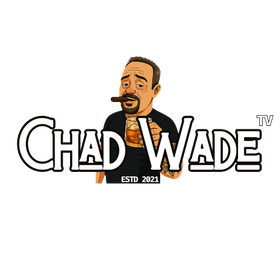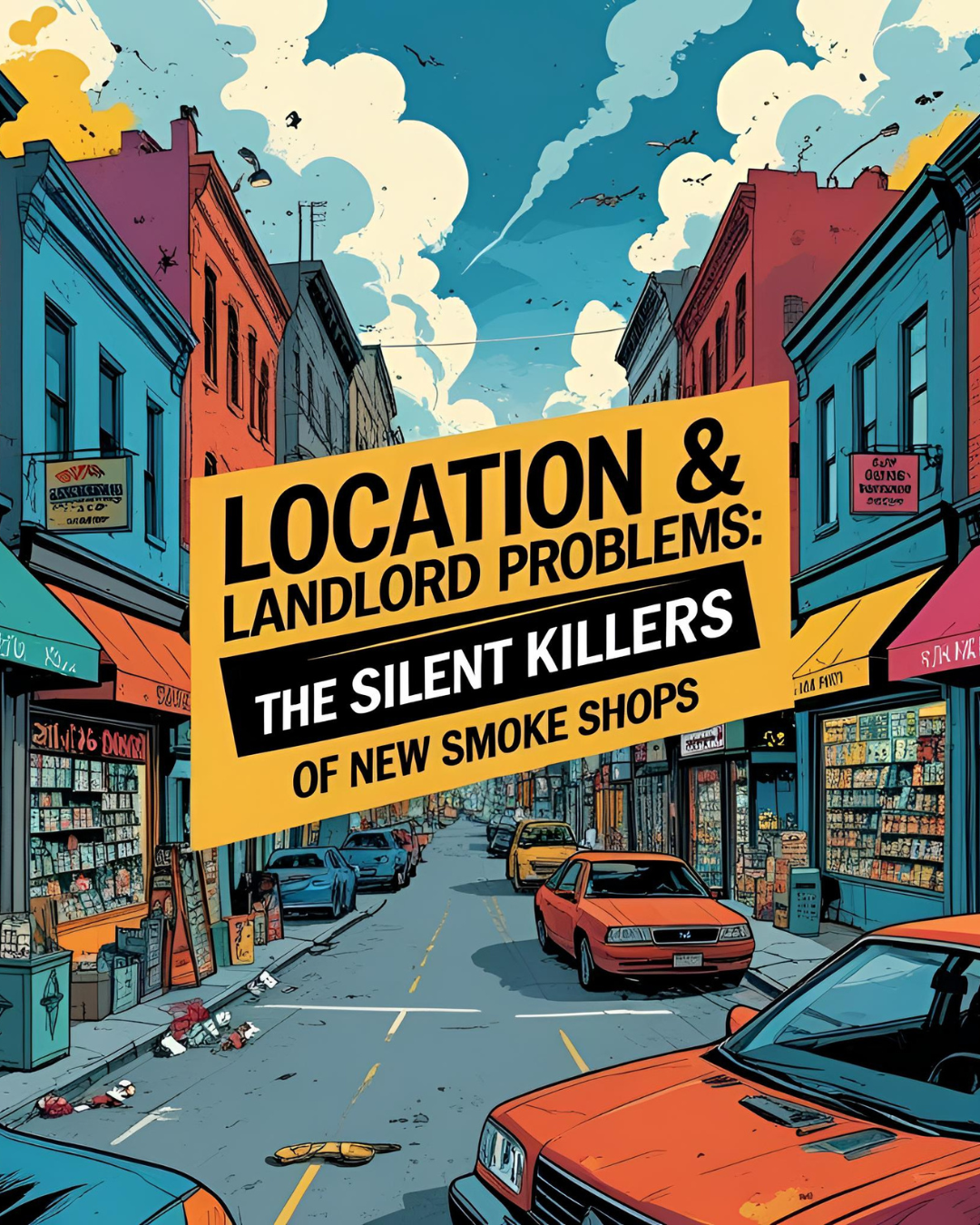If you think your inventory, social media, or even foot traffic are the biggest threats to your smoke shop’s success — think again.
The wrong location and the wrong landlord can destroy your shop before it ever has a chance to succeed. And sadly, most owners don’t even realize they’ve made the mistake until they’re already knee-deep in overhead, locked into a lease, and trying to fight zoning boards or eviction notices.
Let’s break this down so you can avoid the trap.
Why Location Is Your First Marketing Strategy
Too many people choose a location based on cheap rent or a friend’s recommendation. But your location is your first form of marketing.
Here’s what your shop’s location should be doing:
-
Attracting impulse walk-ins (gas station traffic, liquor store adjacency, food plazas)
-
Matching your demographic (college students? blue collar workers? high-income shoppers?)
-
Giving you visibility from the street (cars passing by = future customers)
Chad’s Rule of Thumb:
“If you have to explain to someone how to get to your store, it’s the wrong location.”
You want eyeballs, parking, and a location that matches your product type. Don’t try to be a boutique in an industrial park.
Landlord Red Flags That Cost You Thousands
Even the perfect location is useless if your landlord is the enemy. Landlords can shut your shop down faster than the police — and with less notice.
Here are real issues I’ve seen smoke shop owners face:
-
Leases with hidden restrictions: No mention of "tobacco, glass, or CBD" allowed.
-
Zoning deception: You think you're good, but landlord knows city ordinances say no smoke-related retail.
-
Refusal to renew: After you invest and build a customer base, the landlord jacks up rent or refuses to renew so they can lease to someone else.
-
Moral clauses: Lease says they can cancel if your business “conflicts with the landlord’s values.”
Do this BEFORE signing:
-
Get everything in writing — especially approval to sell tobacco, glass, hemp-derived products.
-
Hire a real estate attorney to review the lease (cheap now, life-saving later).
-
Talk to other tenants in the plaza. Ask if the landlord is responsive or difficult.
-
Check zoning directly with the city. Don’t rely on what the landlord says.
The Strategic Way to Pick a Location
This isn’t just about avoiding problems. It’s about setting yourself up to win.
Here’s how the best shop owners choose locations:
-
Traffic Counts: Ask the city or plaza management for car/pedestrian traffic data.
-
Demographic Match: Use tools like Placer.ai, Google Maps Business Insights, or even Facebook Audience tools to understand who’s nearby.
-
Competitor Analysis: Are there too many shops in the area already? Or none because zoning won’t allow it?
-
Delivery Radius: Can you reach enough people via DoorDash, Uber Eats, or in-house delivery from that spot?
-
Visibility & Parking: A great product and great team mean nothing if nobody walks in because of bad parking or poor signage visibility.
Mistakes I See All the Time
-
Opening in malls with tobacco restrictions.
-
Signing leases in cities that don’t allow hemp-derived cannabinoids.
-
Leasing from landlords who later say “we don’t want your kind of store here.”
-
Building out a $20K interior only to get denied business license approval.
You must treat your lease like a business partnership. Because that’s exactly what it is — and you’re the one who pays when it goes wrong.
Final Advice From Chad Wade
If you’re about to start your smoke shop, don’t rush your location decision. You’re not just signing up for a storefront. You’re tying your money, your time, and your brand to that address.
Take the time to:
-
Walk the area
-
Talk to neighbors
-
Read every line of the lease
-
Get zoning confirmation from the city in writing
And if the landlord seems sketchy? Walk away.
There are always better deals, but bad leases are like traps — they cost you more the longer you stay.
Want help reviewing a location or lease?
Submit it at ChadWadeTV.com — and we’ll tell you whether it’s a goldmine or a graveyard.
Submit it at ChadWadeTV.com — and we’ll tell you whether it’s a goldmine or a graveyard.

